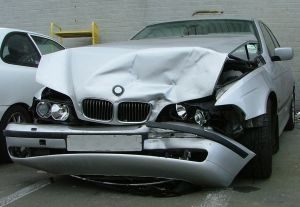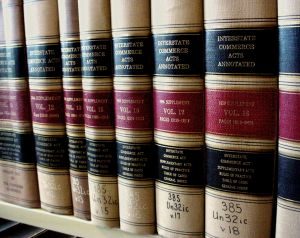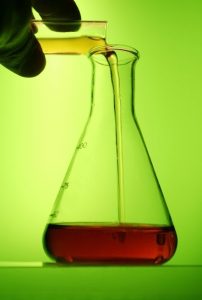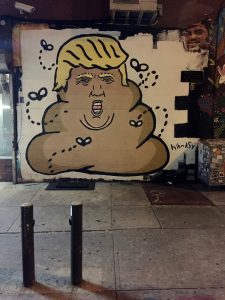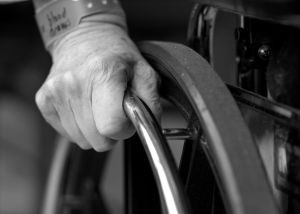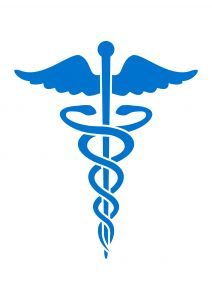 Many experts believe that the First District Court of Appeal’s April 5, 2019 ruling in Sedgwick CMS v. Tamatha Valcourt-Williams will open the floodgates for more civil negligence lawsuits brought by employees against employers.
Many experts believe that the First District Court of Appeal’s April 5, 2019 ruling in Sedgwick CMS v. Tamatha Valcourt-Williams will open the floodgates for more civil negligence lawsuits brought by employees against employers.
Because of the immunity provisions of section 440.11, Florida Statutes, such lawsuits have always been exceedingly rare in Florida. Under the current version of the statute, the exceptions to this exclusiveness of liability are:
- When an employer fails to secure workers’ compensation coverage; or
- When an employer commits an intentional tort that causes the injury or death of the employee
A third exception arises when an employer/carrier defends a workers’ compensation claim on the basis that “the injury did not occur in the course and scope of employment, or that there was no employment relationship.” An employer taking this position is estopped from asserting the 440.11 workers’ compensation immunity defense in a civil negligence suit brought against the employer. See, Byerely v. Citrus Publishing, Inc., 725 So.2d 1230 (Fla. 5th DCA 1999).
The Sedgwick case appears to have expanded the scope of injuries workers’ compensation employers/carriers can deny as not having occurred in the course and scope of employment. The flip side of this will be an increase in opportunities for personal injury lawyers to pursue civil negligence claims resulting from workplace accidents. It remains to be seen if these projections will hold up over time, but workers’ compensation insurance companies and personal injury lawyers are not expected to waste any time testing the waters.
As workers’ compensation claimants’ attorneys are bracing for an onslaught of denied claims, personal injury lawyers are licking their chops at the prospect of seeing an expanded number of personal injury cases come their way. While a denied claim may still be prosecuted under workers’ compensation, some of those denials will naturally end up as circuit court negligence cases. In those cases, claims of workers’ compensation immunity will be met with Byerley and Sedgwick arguments. Moreover, Sedgwick expands the opportunities to jump right into the personal injury arena rather than wait for the claim to be denied under workers’ compensation. While not waiting has always been an option, Sedgwick makes it easier for the plaintiff to argue successfully that the injury did not occur in the course and scope of the employment.
In Sedgwick, a workers’ compensation adjuster authorized to work from home injured herself during a coffee break when she tripped over her dog. She filed for workers’ compensation benefits and won at the trial level. The employer appealed and was successful in having the trial level decision reversed. The DCA decided that the adjuster was not injured in the course and scope of her employment. It framed the question of compensability as “whether the employment—wherever it is—’“necessarily exposes a claimant to conditions which substantially contribute to the risk of injury,”’ a concept it calls “occupational causation,” Sentry Ins. Co. v. Hamlin, 69 So.3d 1065, 1068 (Fla. 1st DCA 2011) (citing Acker v. Charles R. Burklew Constr., 654 So.2d 1211 (Fla. 1st DCA 1995)), or a risk not existent in the claimant’s “non-employment life.” Medeiros v. Residential Cmtys. of Am., 481 So. 2d 92, 93 (Fla. 1st DCA 1986); accord Glasser v. Youth Shop, 54 So. 2d 686, 687-88 (Fla. 1951) (“Since industry must carry the burden, there must then be some causal connection between the employment and the injury, or it must have had its origin in some risk incident to or connected with the employment, or have followed from it as a natural consequence.”).
 Florida Injury Attorney Blawg
Florida Injury Attorney Blawg


